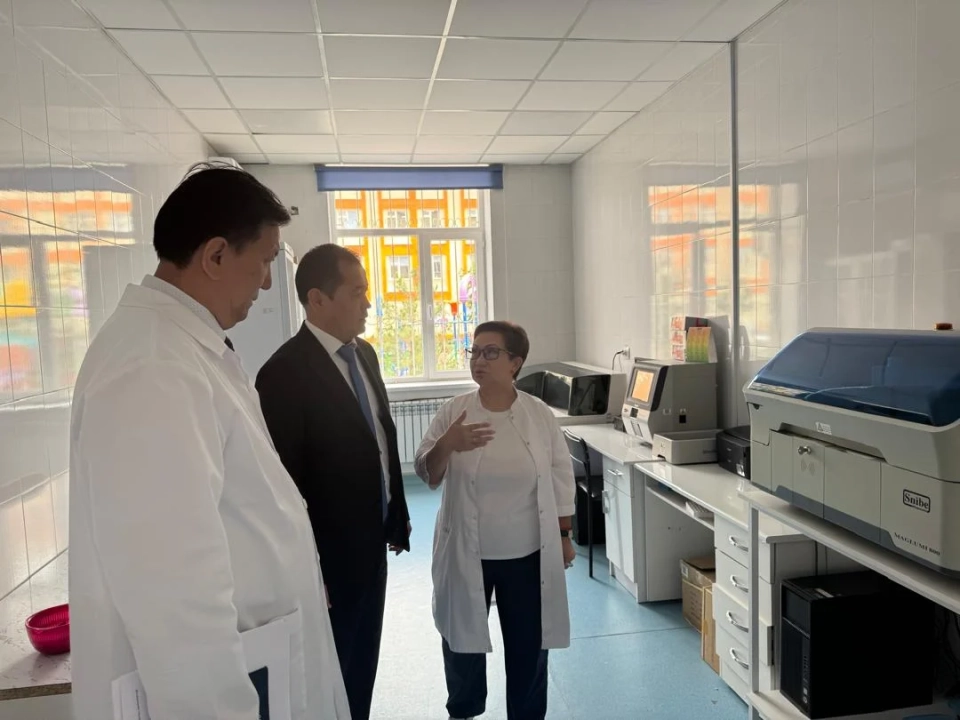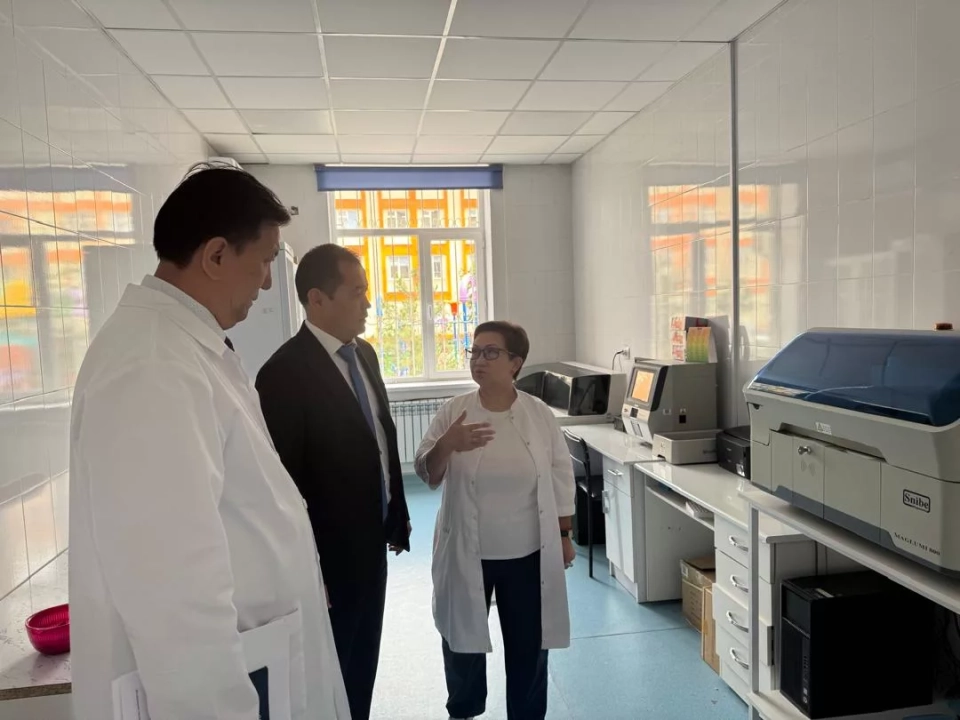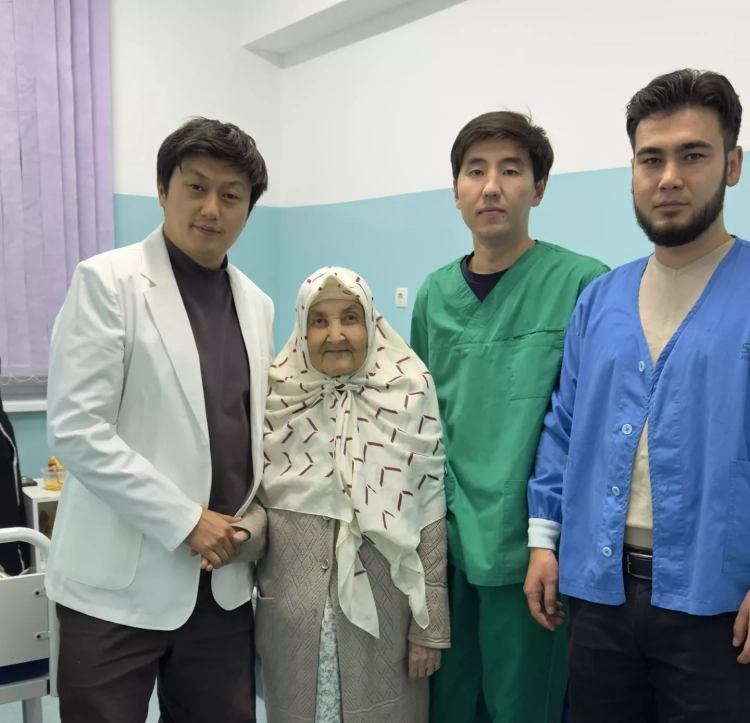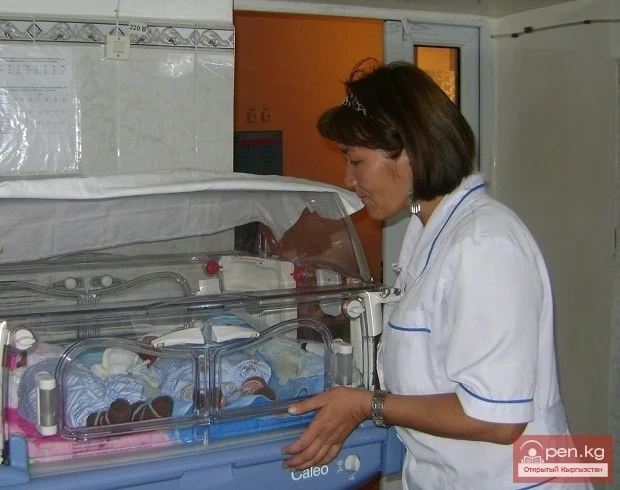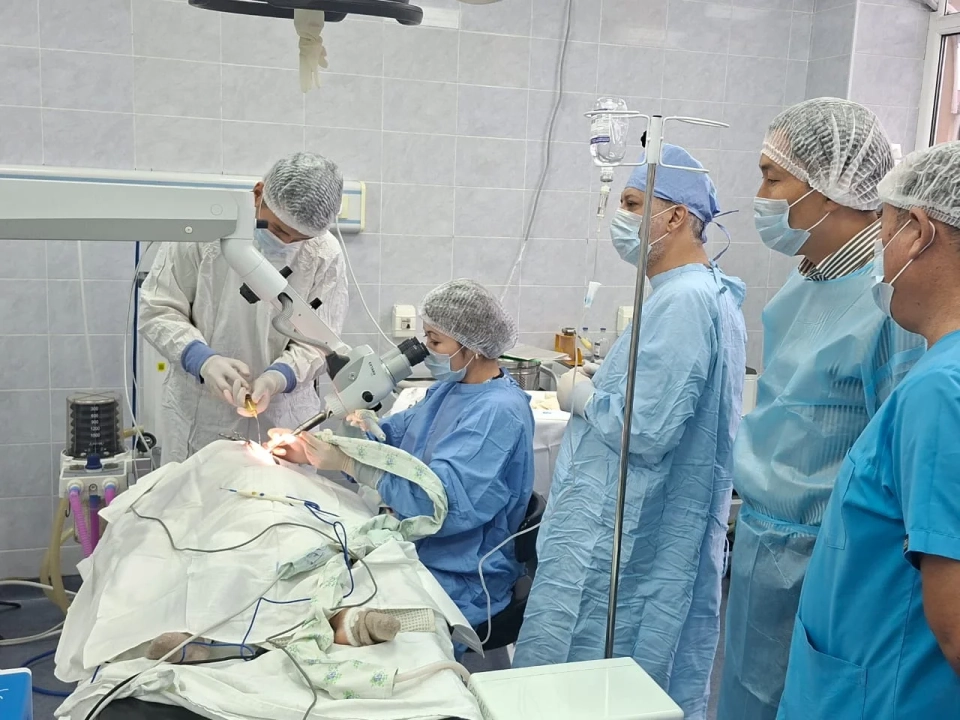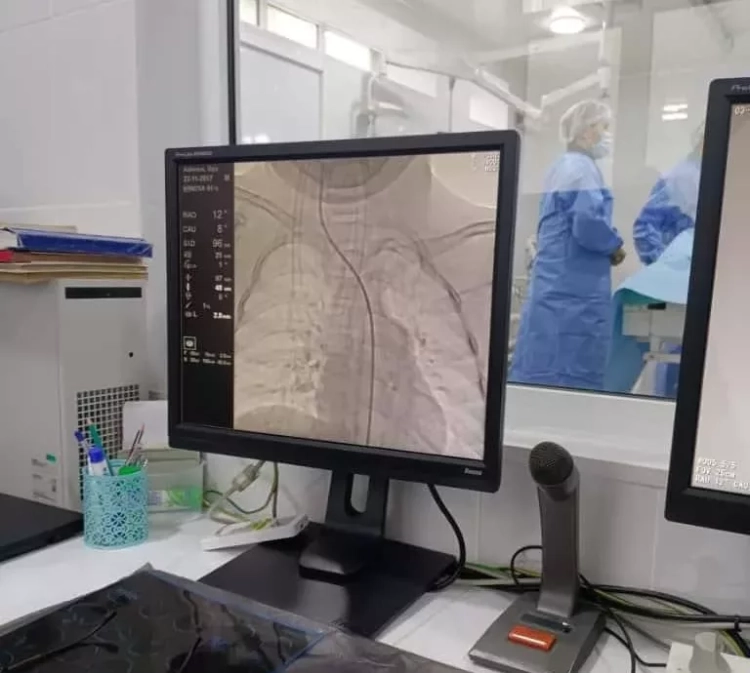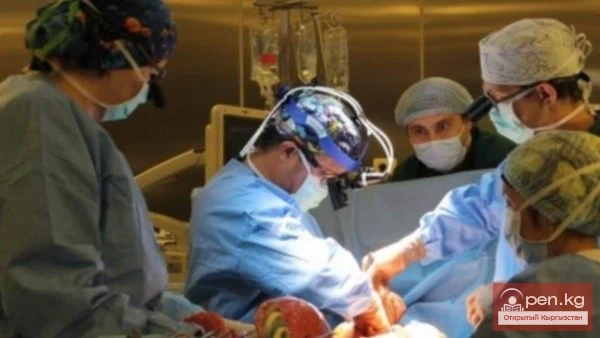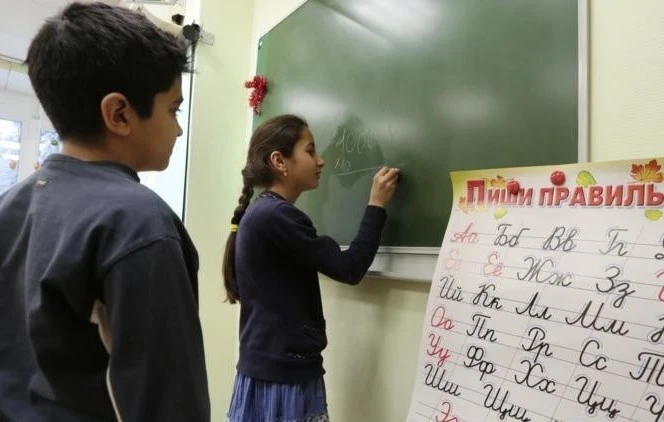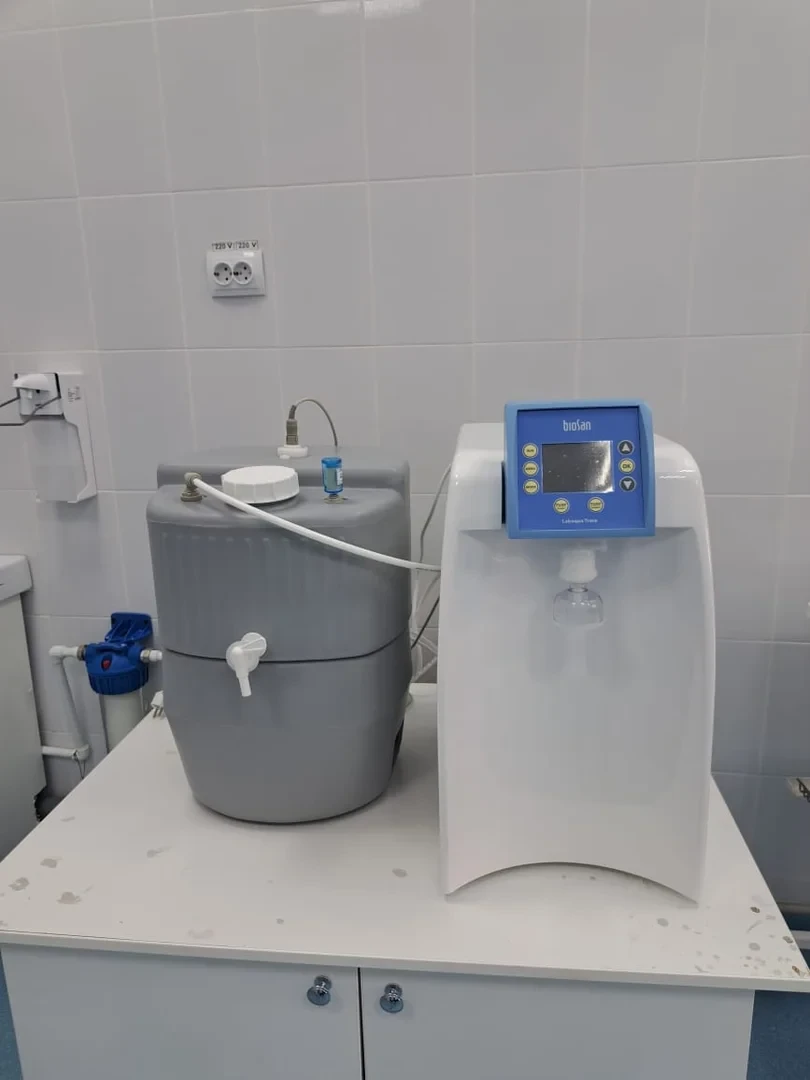
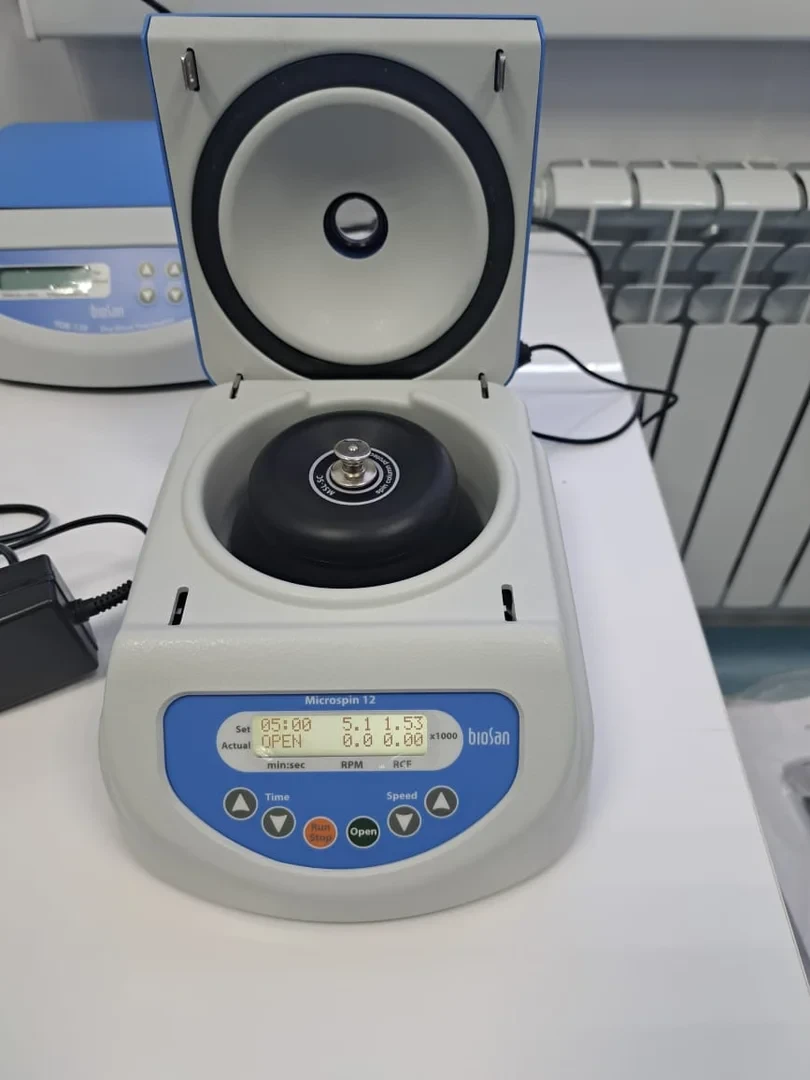
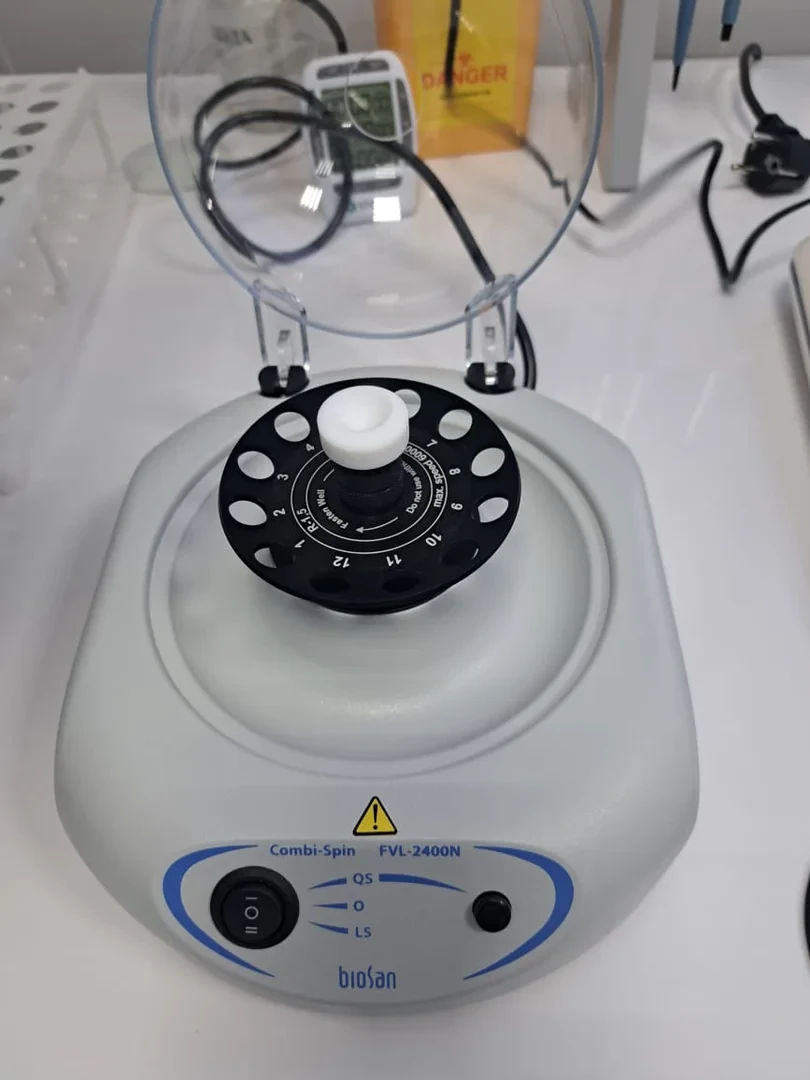



The National Center for Maternal and Child Health (NCMCH) has begun implementing an immunological testing system for kidney transplantation.
According to the press service of the Ministry of Health of the Kyrgyz Republic, this method includes determining histocompatibility between the donor and recipient through the HLA system (human leukocyte antigens). It also involves conducting a crossmatch test to identify antibodies that may react to donor cells, as well as calculating the PRA indicator, which reflects the level of patient sensitization. These procedures are essential for a modern approach to transplantation, allowing for the individual selection of donors, predicting the likelihood of rejection, and adjusting immunosuppressive treatment. This, in turn, helps reduce the number of acute and chronic rejections and increases the lifespan of the transplanted kidney.
The establishment of a genetic testing system is a strategically important step for national healthcare. In the future, this will allow for the formation of a transplantation safety system, reduce dependence on foreign laboratories, expedite clinical decision-making, and enhance public trust in domestic medicine, in line with international quality standards.
Additionally, the NCMCH has successfully completed its 36th budgeted kidney transplantation operation. The recipient was a girl, S.Z., born in 2009, who had been on chronic hemodialysis since June 2025. The donor was her mother, E.B., born in 1984. The operation was successful, and the patients' condition is assessed as stable.
Currently, HLA testing of the donor pair has been performed in the NCMCH laboratory, and the results matched those of the reference laboratory, confirming a high level of accuracy and quality of the tests. The specialists at the Center are confident that this project will be an important step towards the development of transplantation in Kyrgyzstan and will be implemented on a long-term basis.
